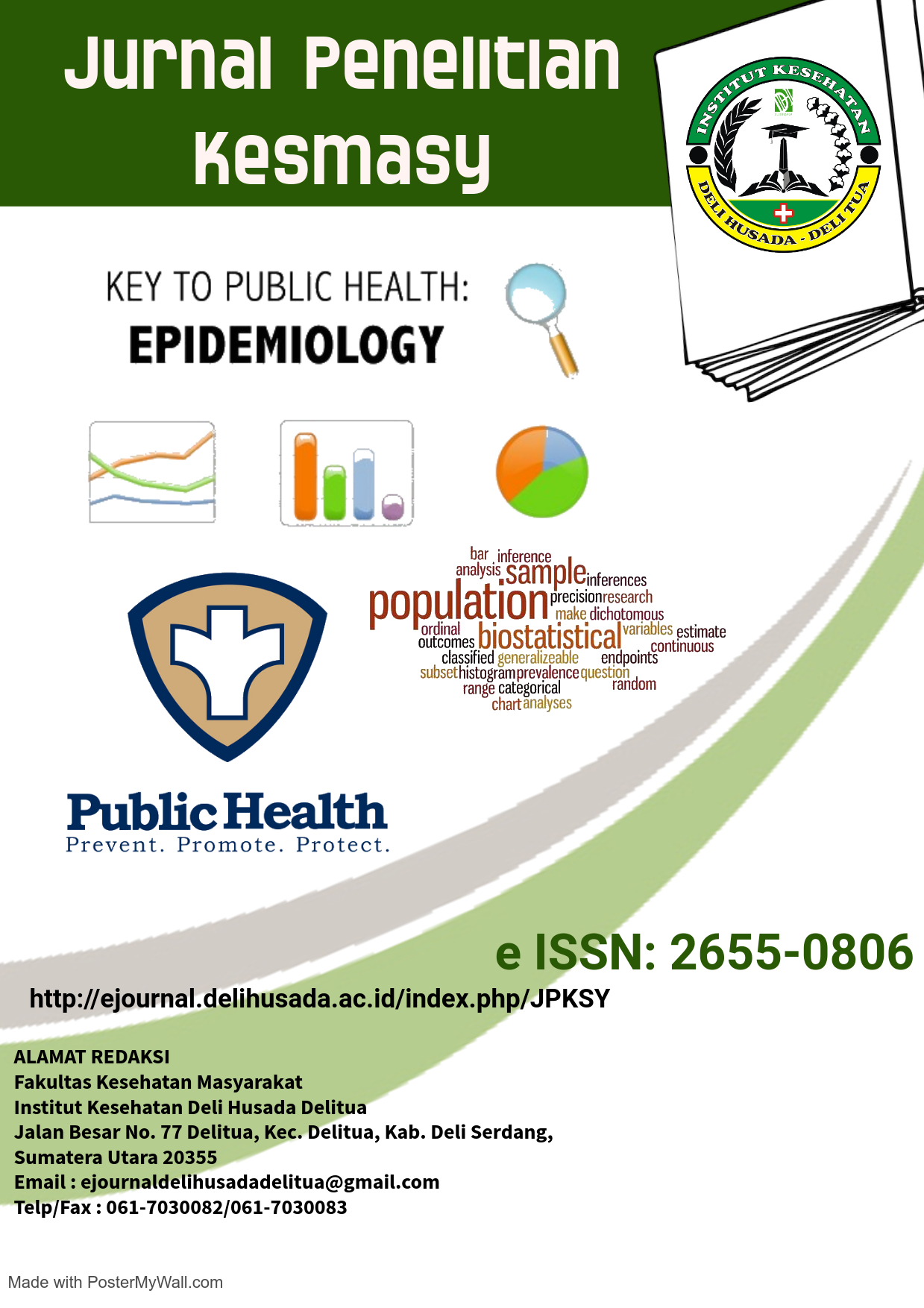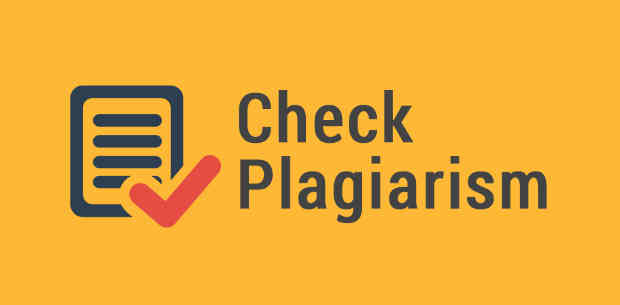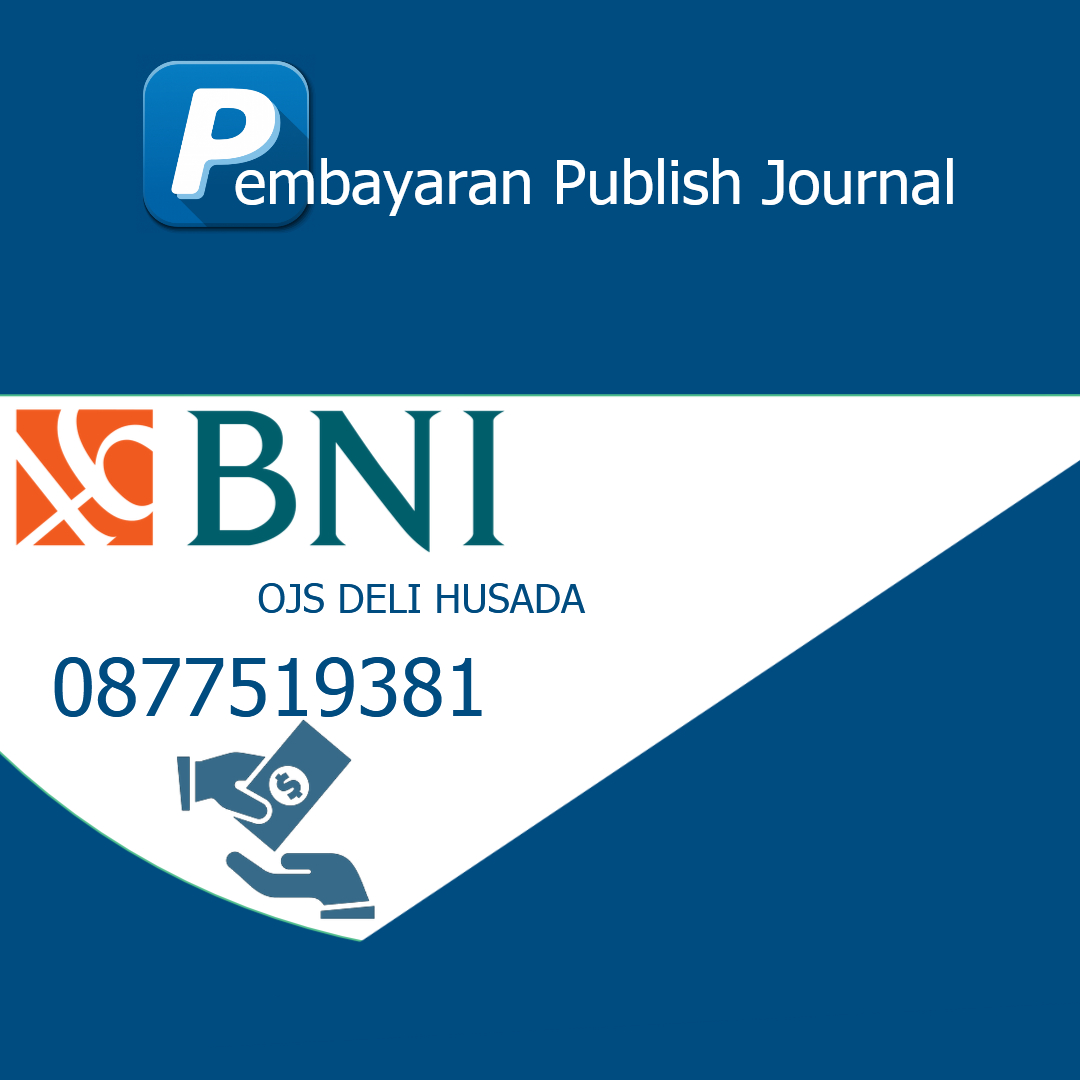Hubungan Tingkat Pengetahuan dan Perilaku Perawat terhadap Risiko Kegiatan Pembuangan Limbah Medis Padat Di Ruang Syifa Dan UGD RS Haji Jakarta Tahun 2015
Abstract
Hospital is one of the health care facilities that have complex characteristics especially concerning the interaction between the various processes, scientific devices and various types of health workers who are related to each other. In addition to a positive impact, the Hospital had negative impacts that generate waste during its activities; one of waste is solid medical waste. Solid medical waste is one of the sources of pollution, so it is necessary to conduct an integrated management starting from segregation to the disposal of solid medical waste. Researcher raised this issue because there were incident afflicting health workers and cleaning services at Haji Hospital Jakarta, they were punctured used needles. In a period of 2 years from 2014 to 2015, there had been 5 cases of used needles should not happen. This research use quantitative and qualitative methods. Quantitative research conducted by distributing a questionnaire to measure the level of knowledge (age, length of work, education, training), facilities and behavior of nurses and cleaning services to the risk of solid medical waste disposal activities. The qualitative research conducted with in-depth interviews. Result of the relation between nurse knowledge against the risk of solid medical waste disposal based on the result of the t-test 1.661 < t-table 2000. Result of the relation between nurse behavior with the risk of medical waste disposal activities based on the result of the t-test 1.975 < t-table 2000. Result of the relation between of the level nurse knowledge and nurse behavior with the risk of solid medical waste disposal based on the result f-count 3.036 < f-table 3.35. So there is no relation between nurse knowledge and nurse behavior with the risk of medical waste disposal activities at Haji Hospital Jakarta.
References
Ditjen PP & PL. 2011. Kebijakan Kesehatan Lingkungan Dalam Pengelolaan Limbah Medis di Fasyankes. Jakarta: Direktorat PL.
Kementerian Kesehatan RI. 2014. Sekretariat Jenderal Profil Kesehatan Indonesia Tahun 2013. Jakarta : Kementerian Kesehatan RI. ISBN 978-602-235-645-5
Massrouje, H.T. 2001. Medical waste and healthworkers in Gaza governorates. East Mediterranean Health Journal 7.
Peraturan Pemerintah RI. 2014. Nomor 101 Tahun 2014 Tentang Pengelolaan Limbah Bahan Berbahaya dan Beracun. Jakarta
Sugiyono.1999. Statistik untuk penelitian. Bandung: penerbit CV Alfabeta
WHO.2005. Pengelolaan Aman Limbah Layanan Kesehatan. Jakarta: Penerbit Buku Kedokteran EGC







